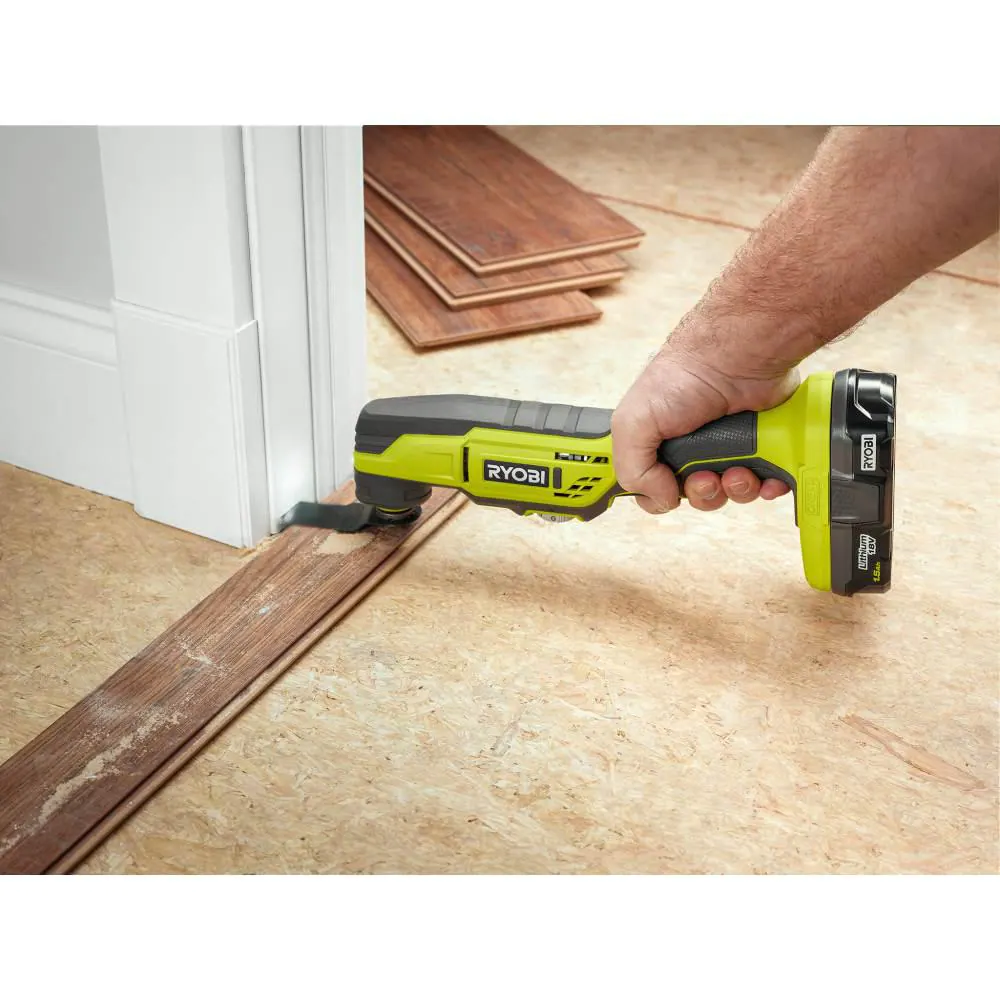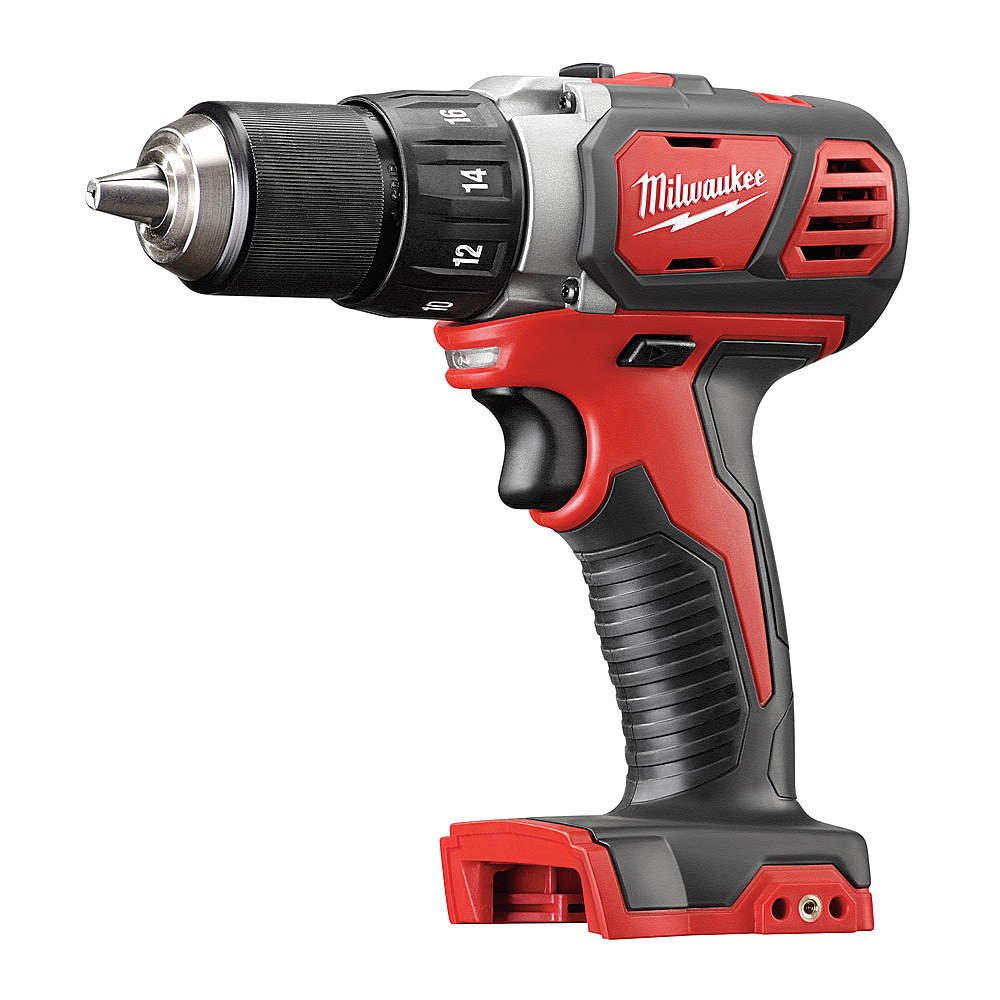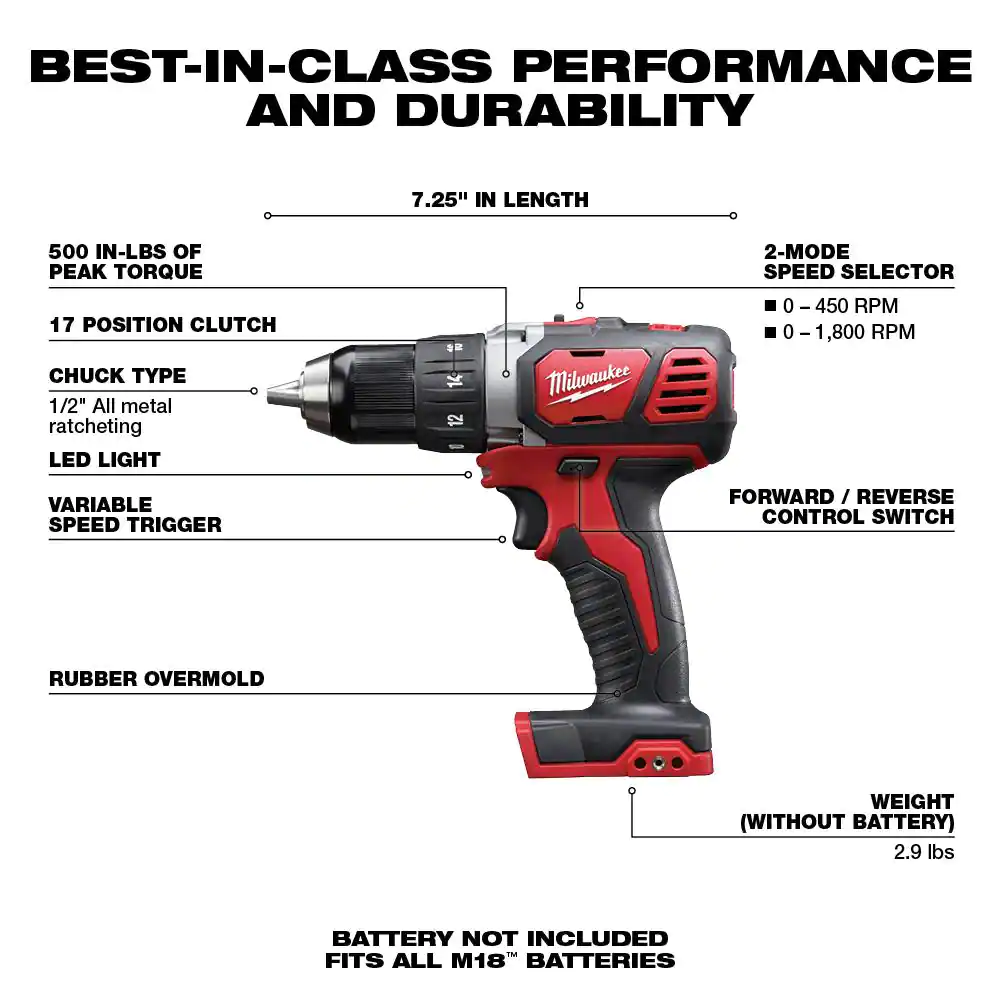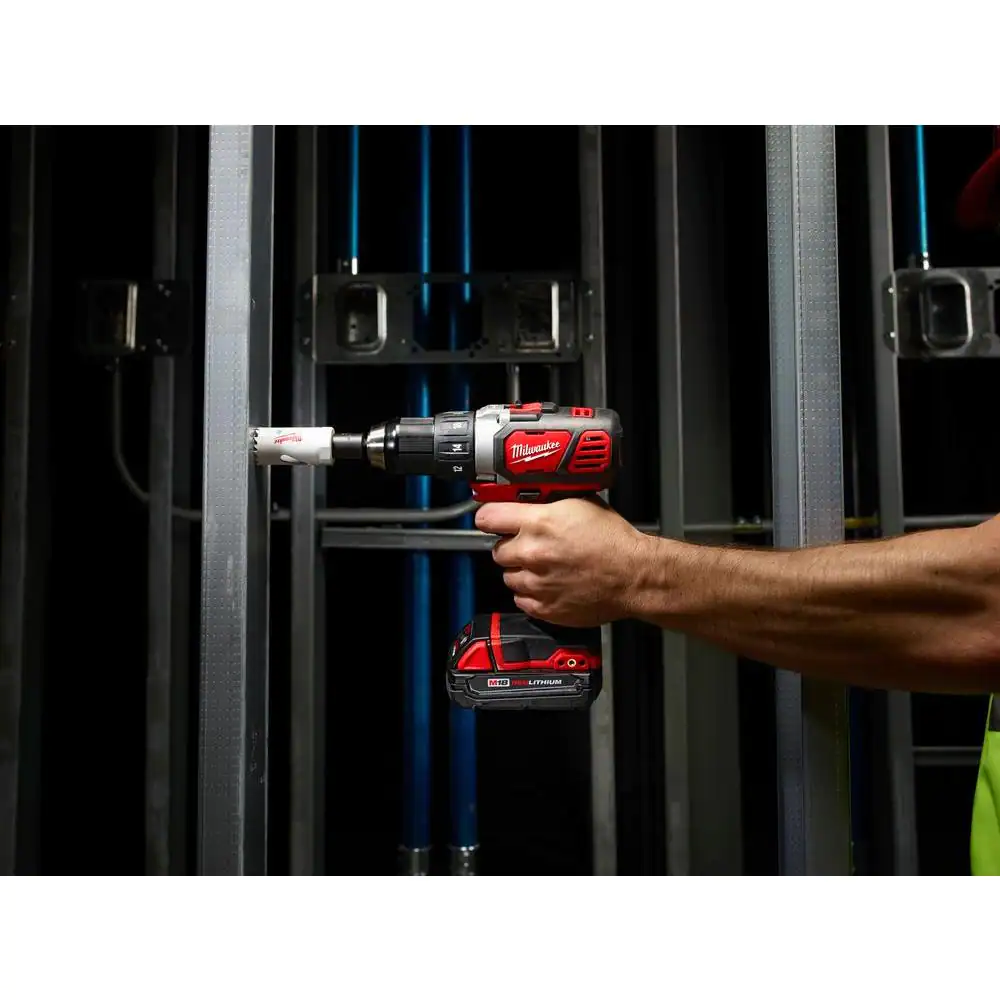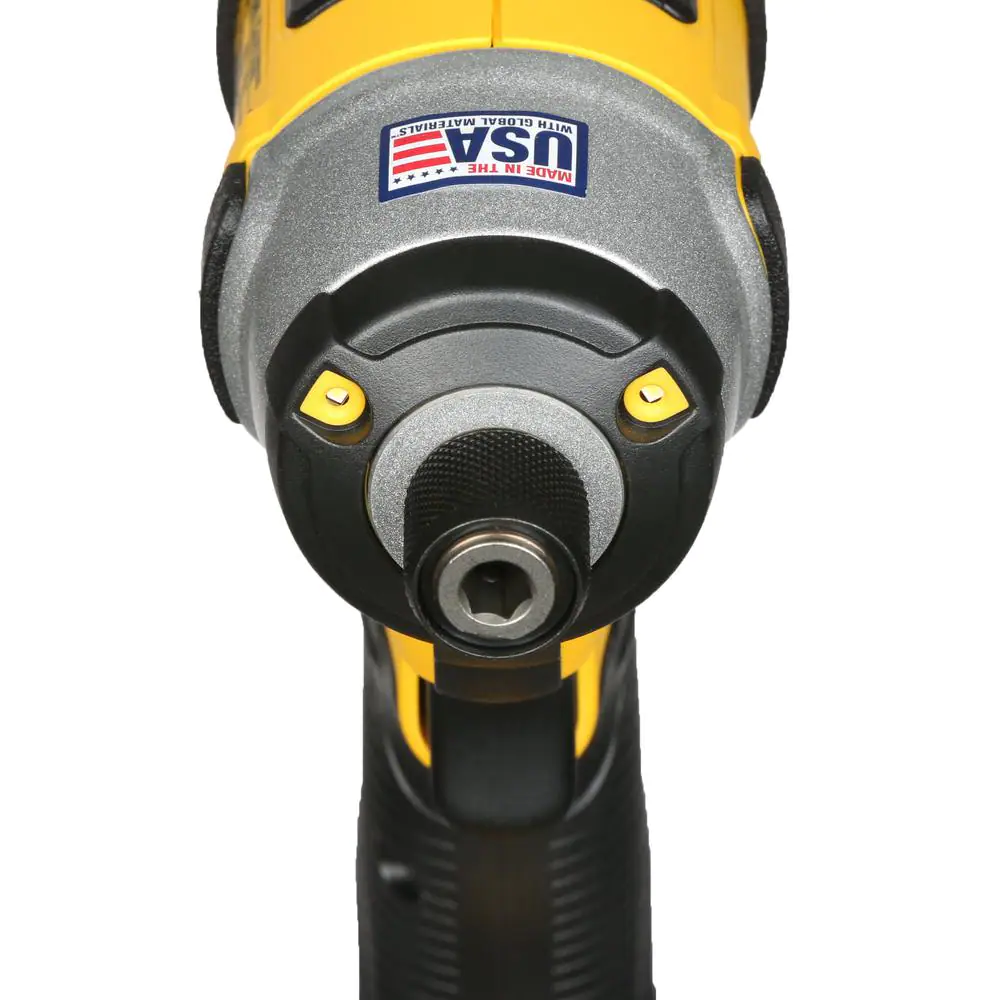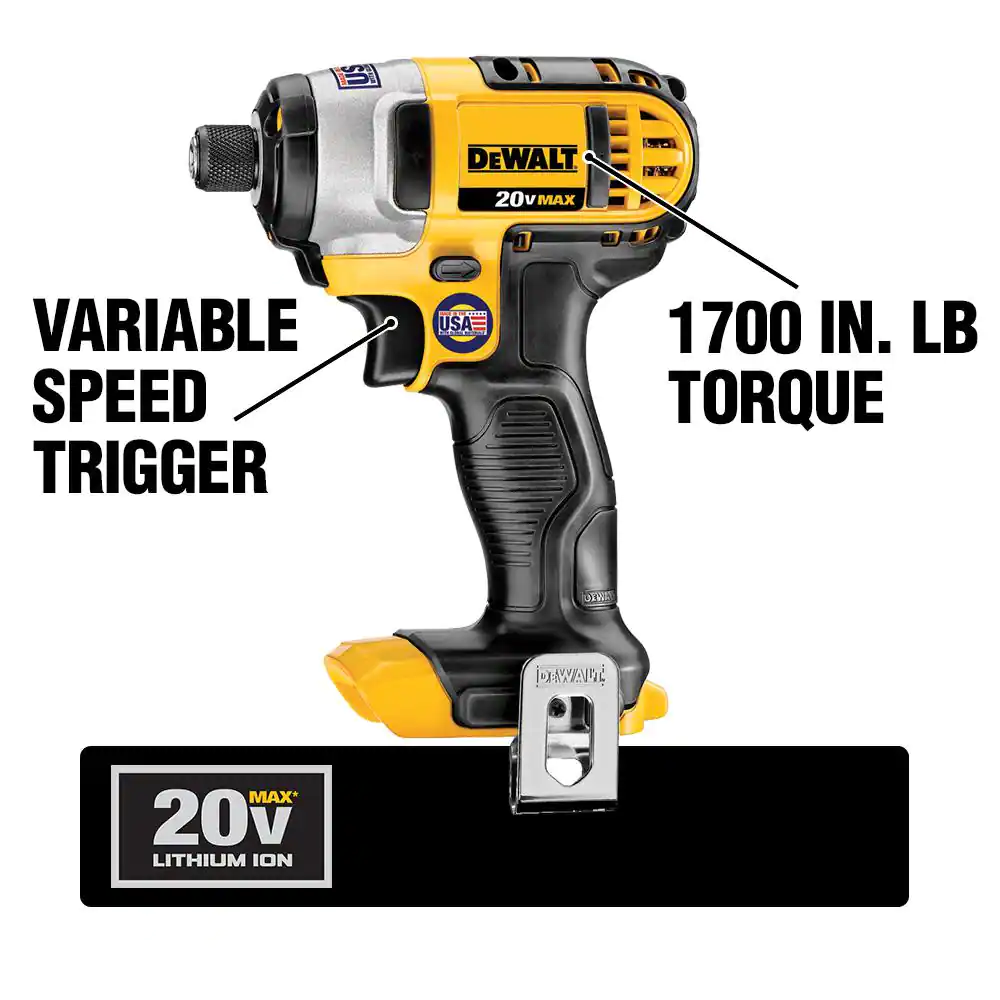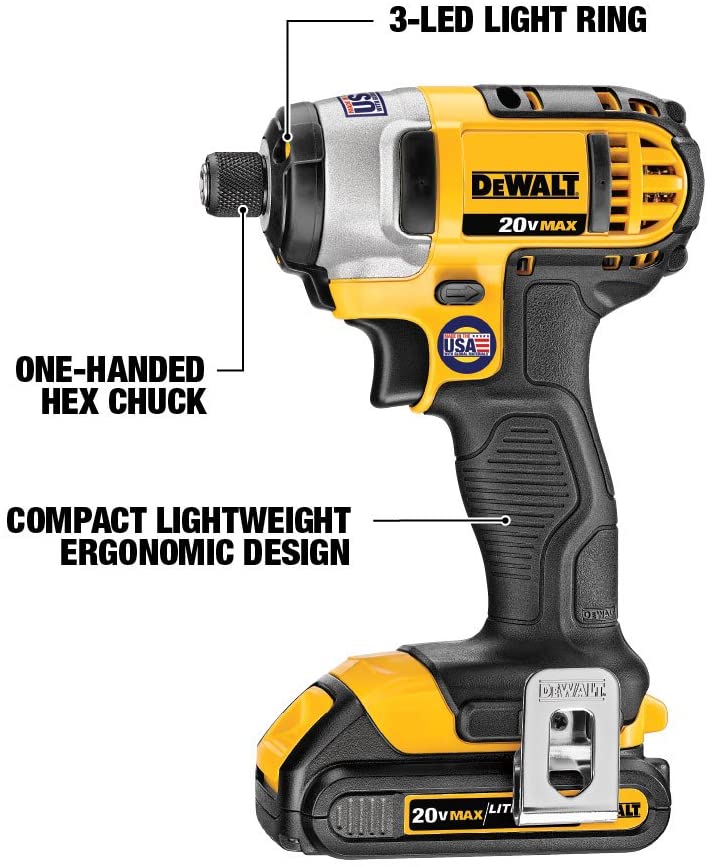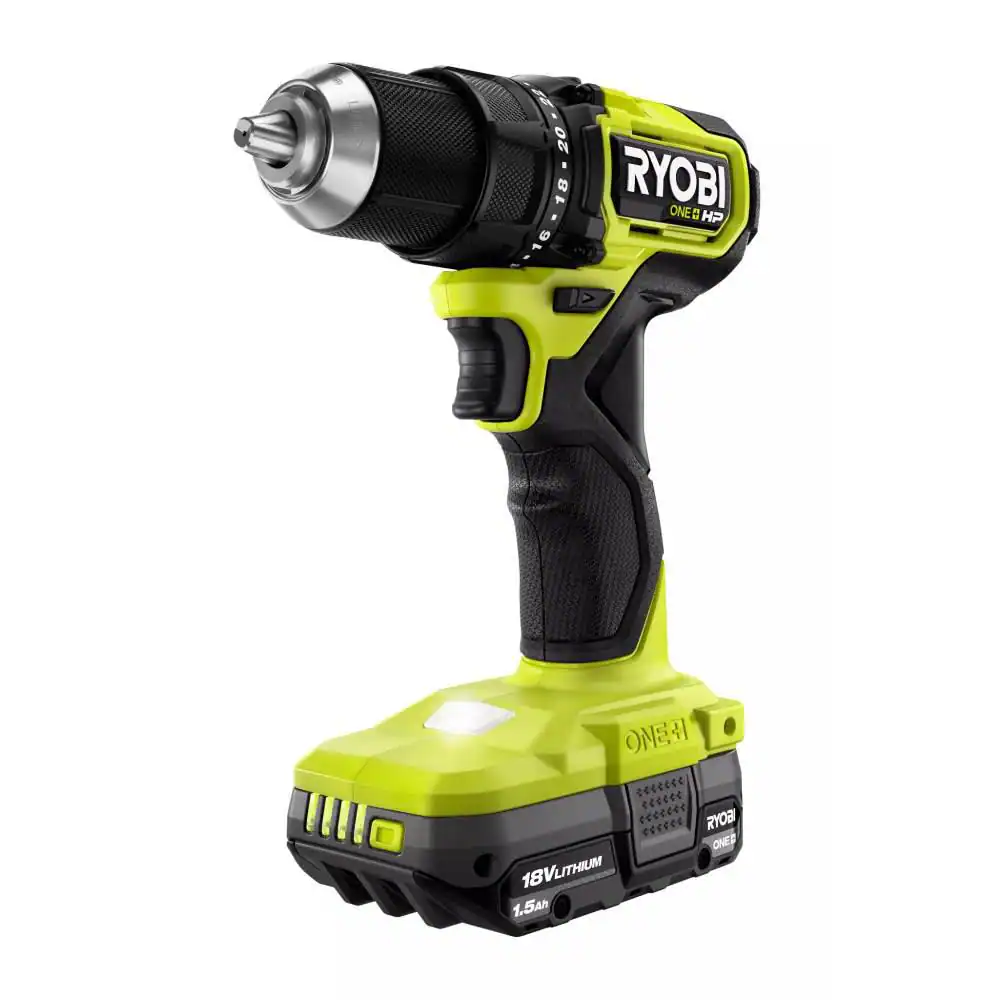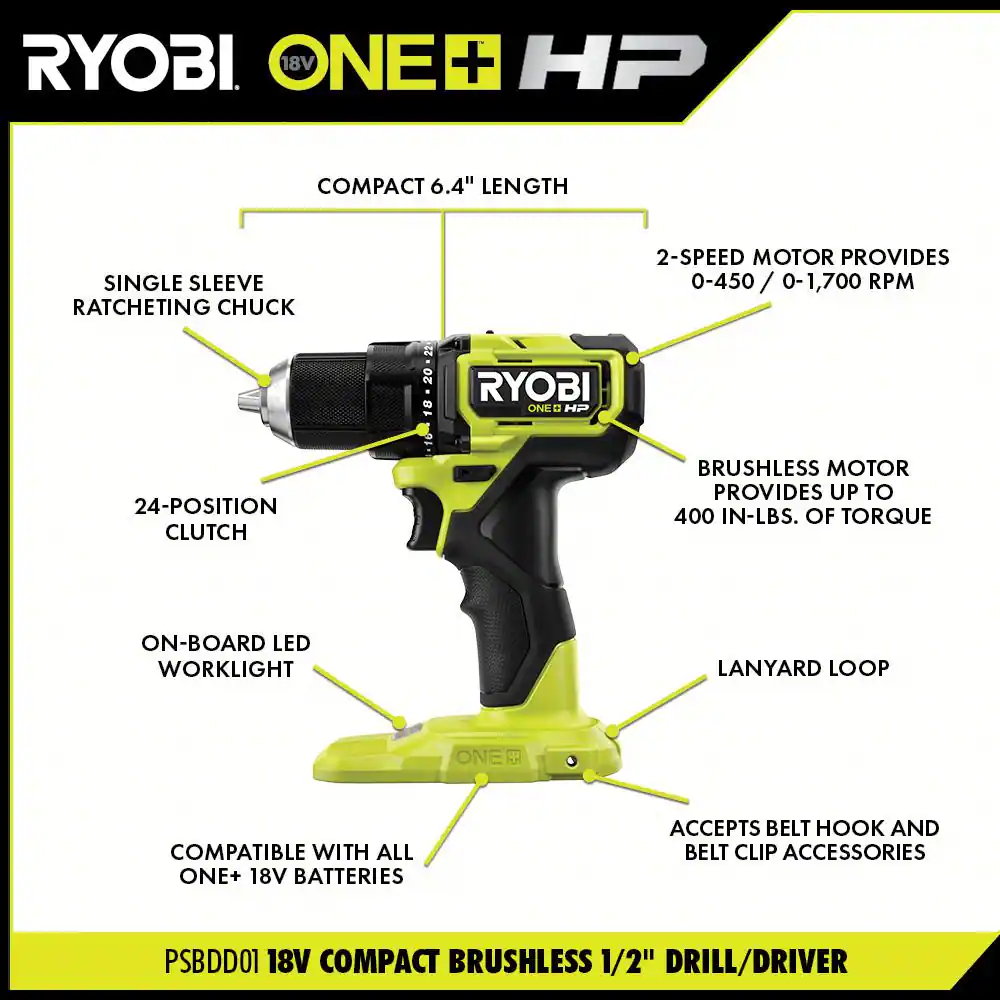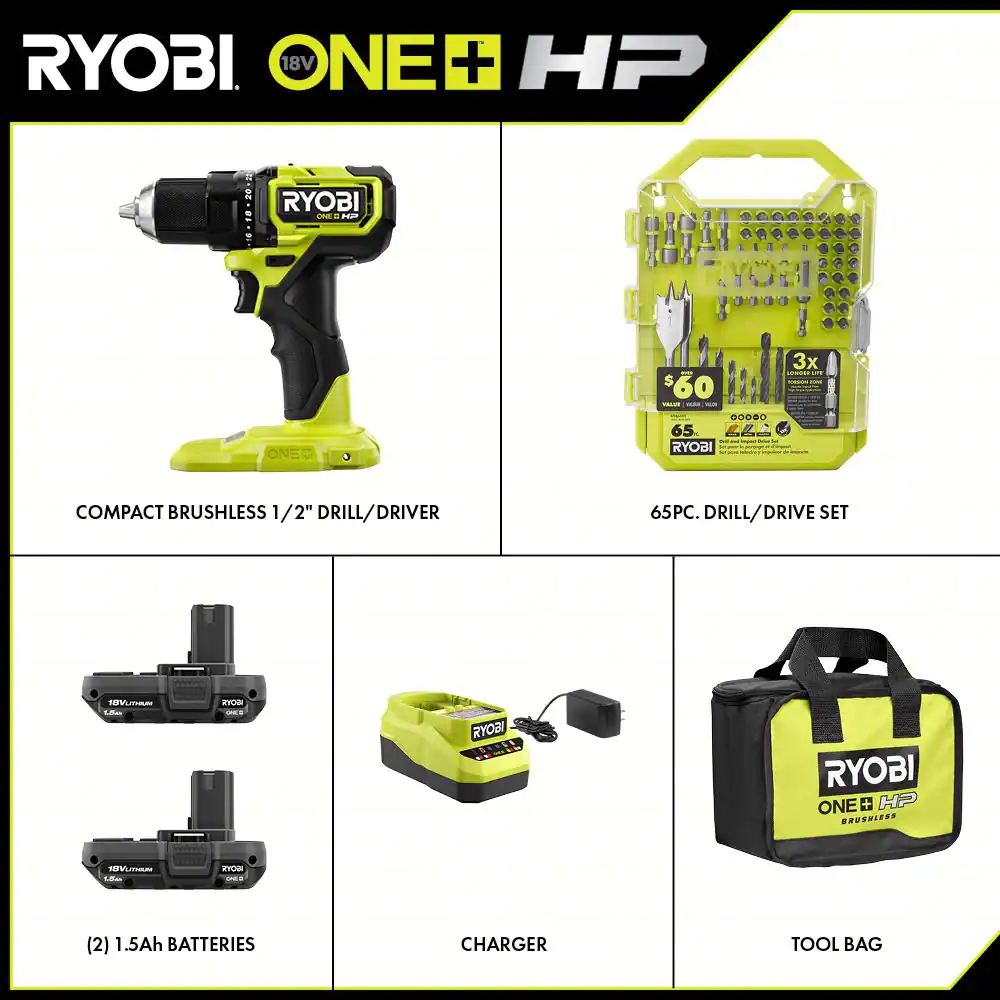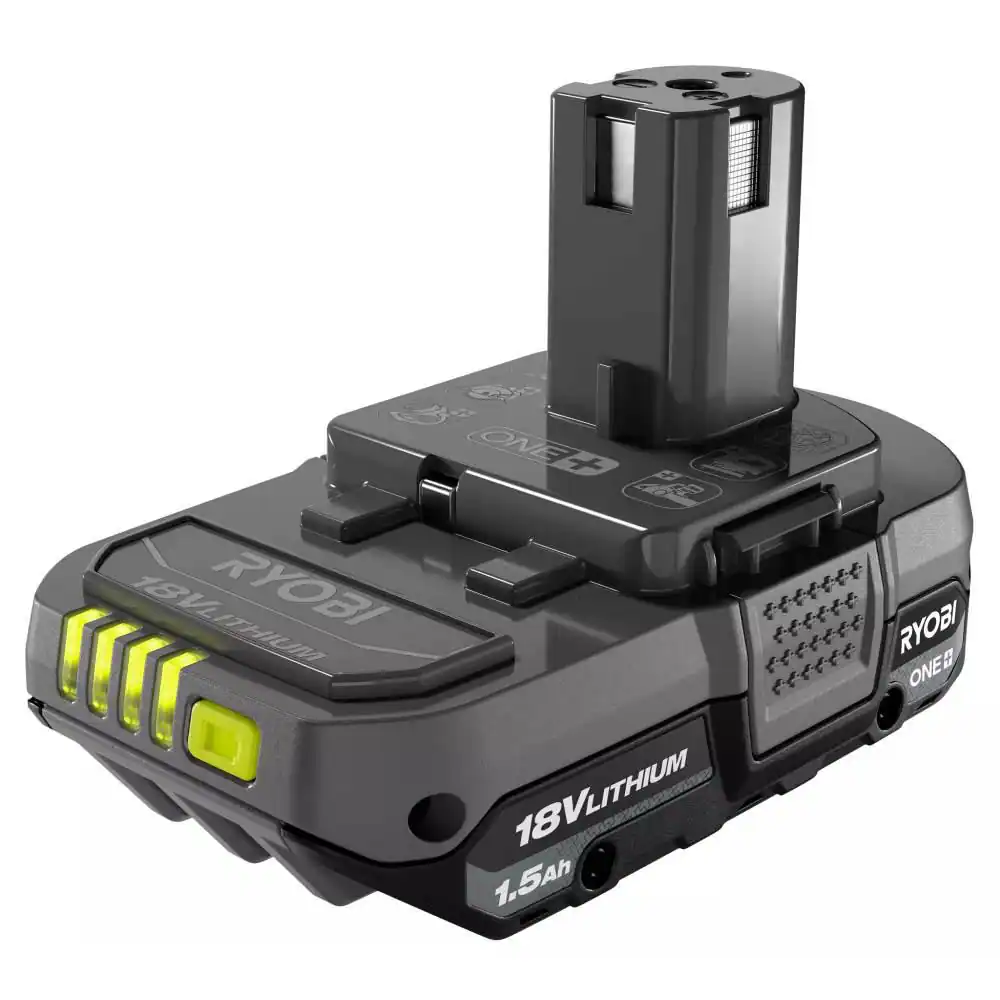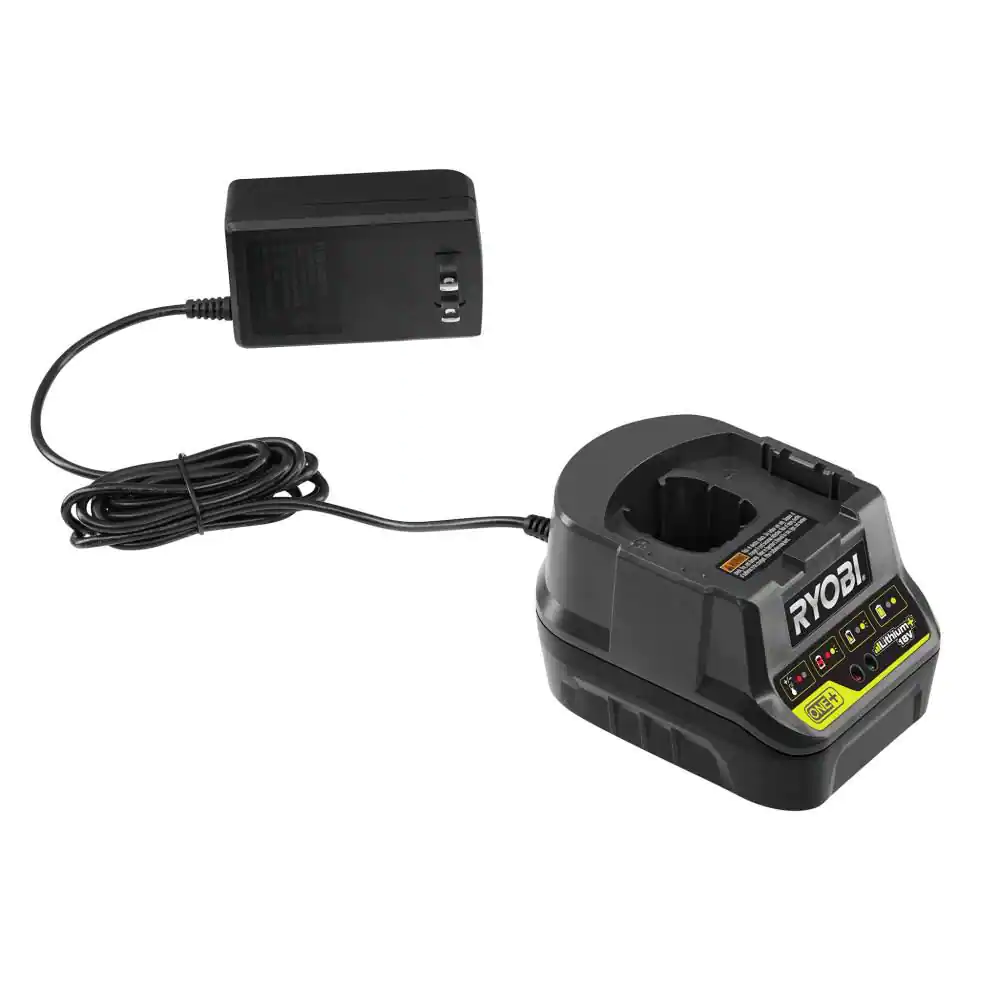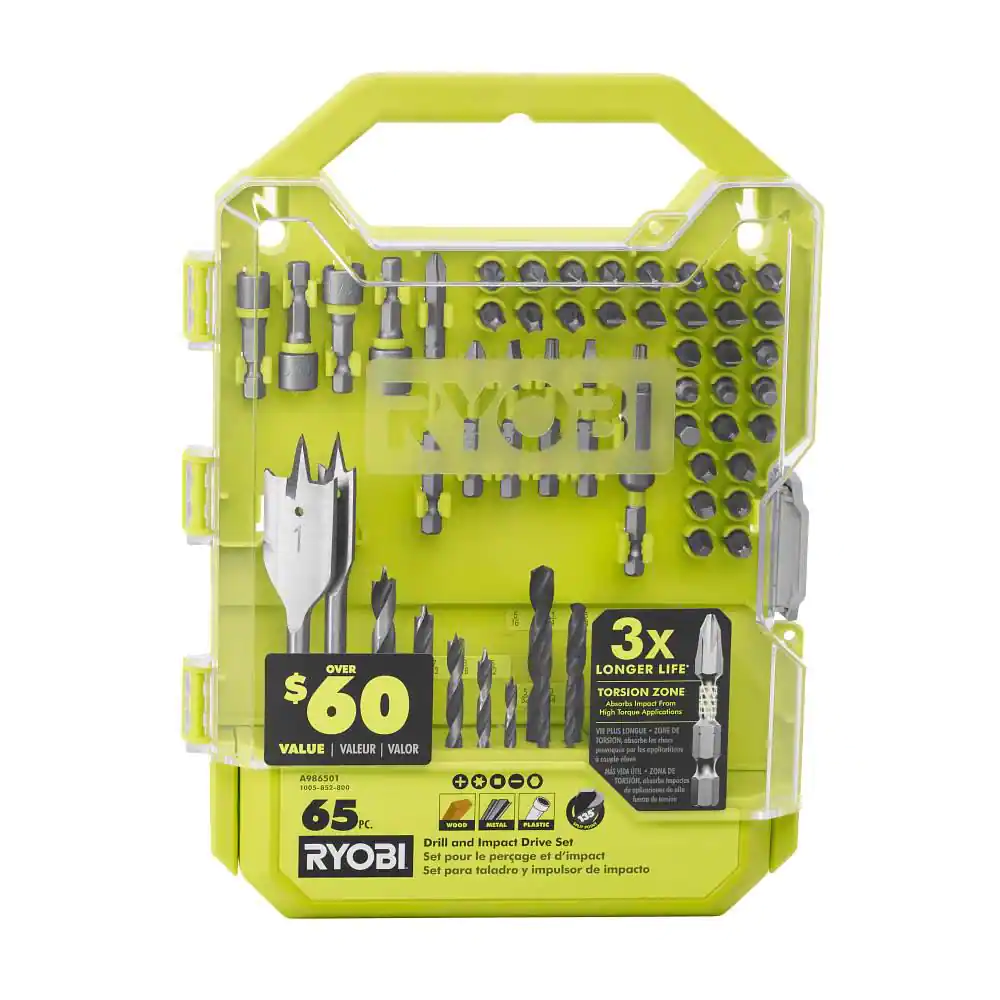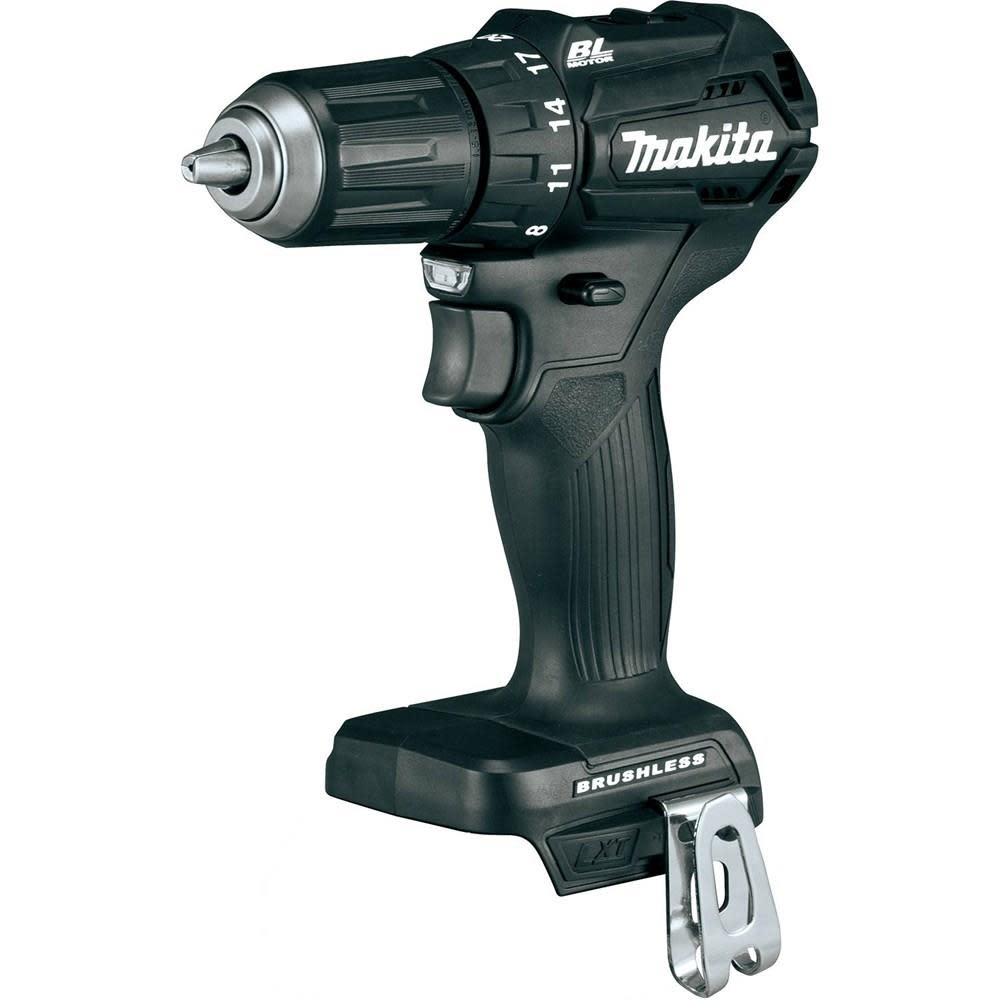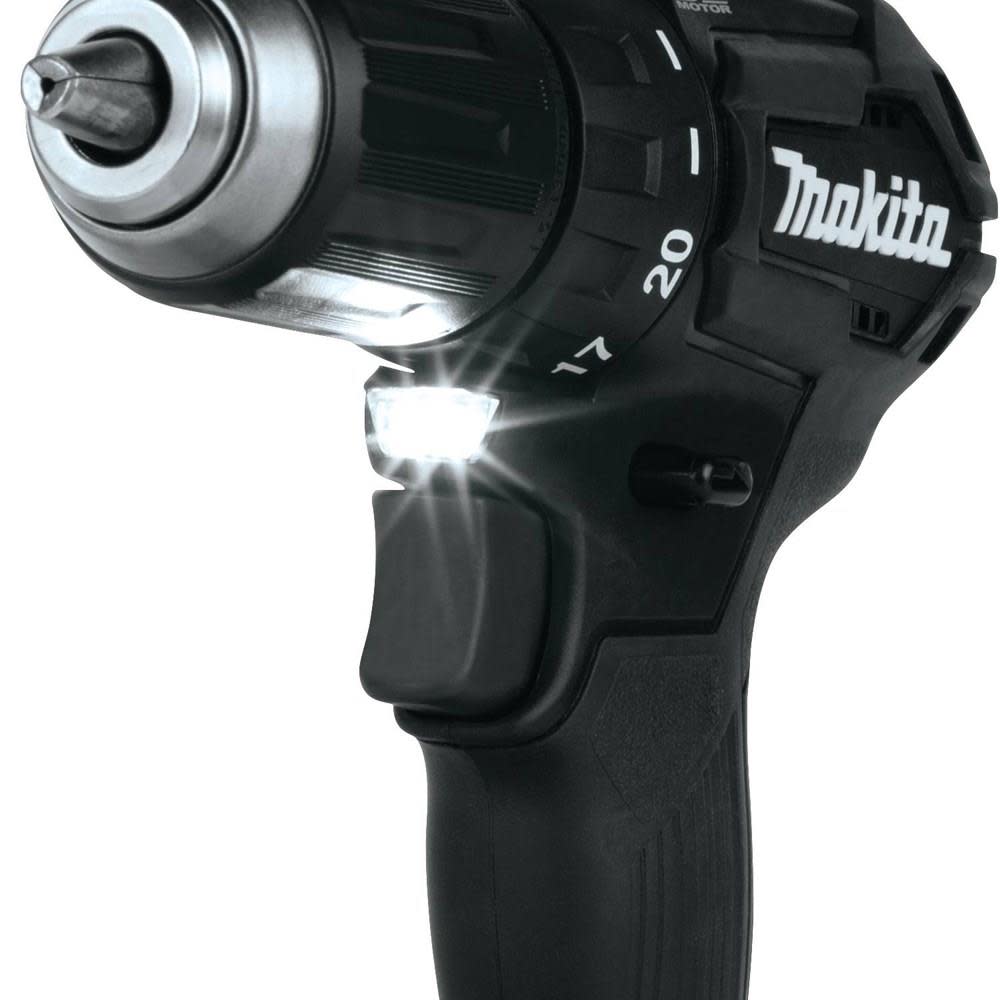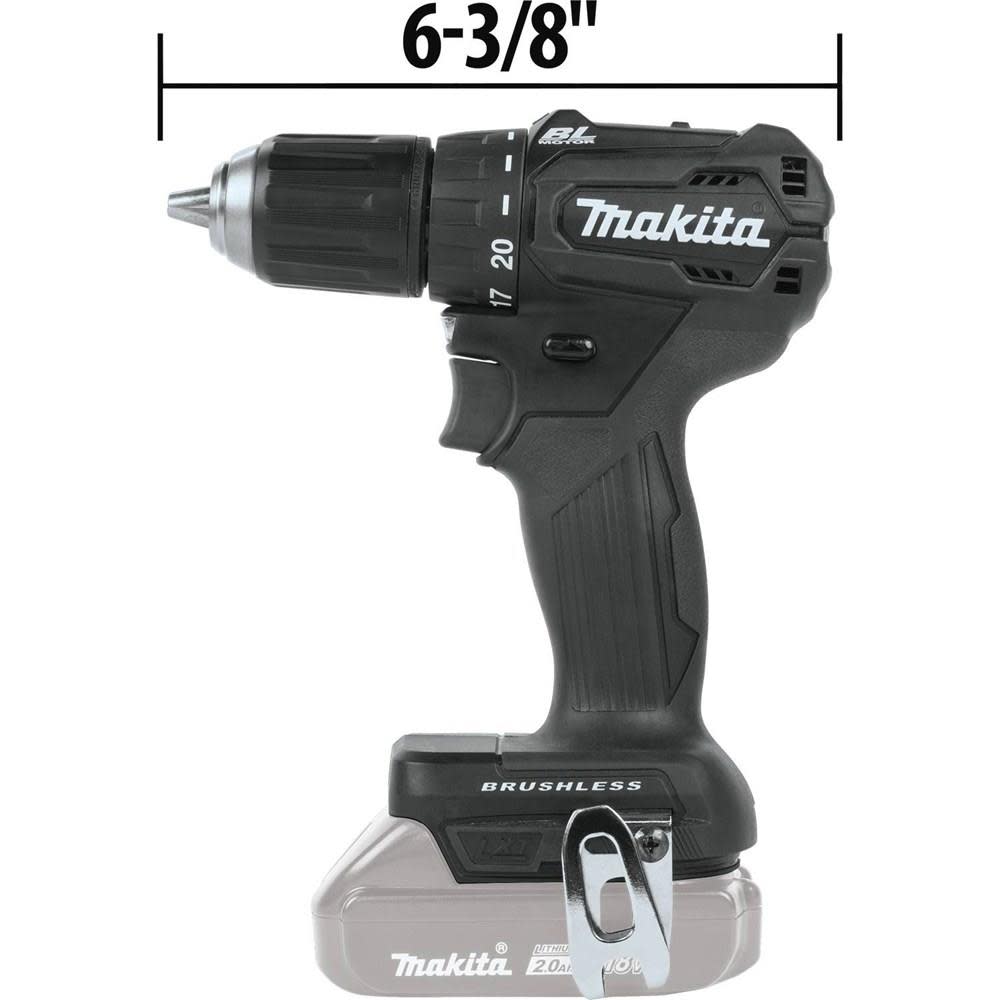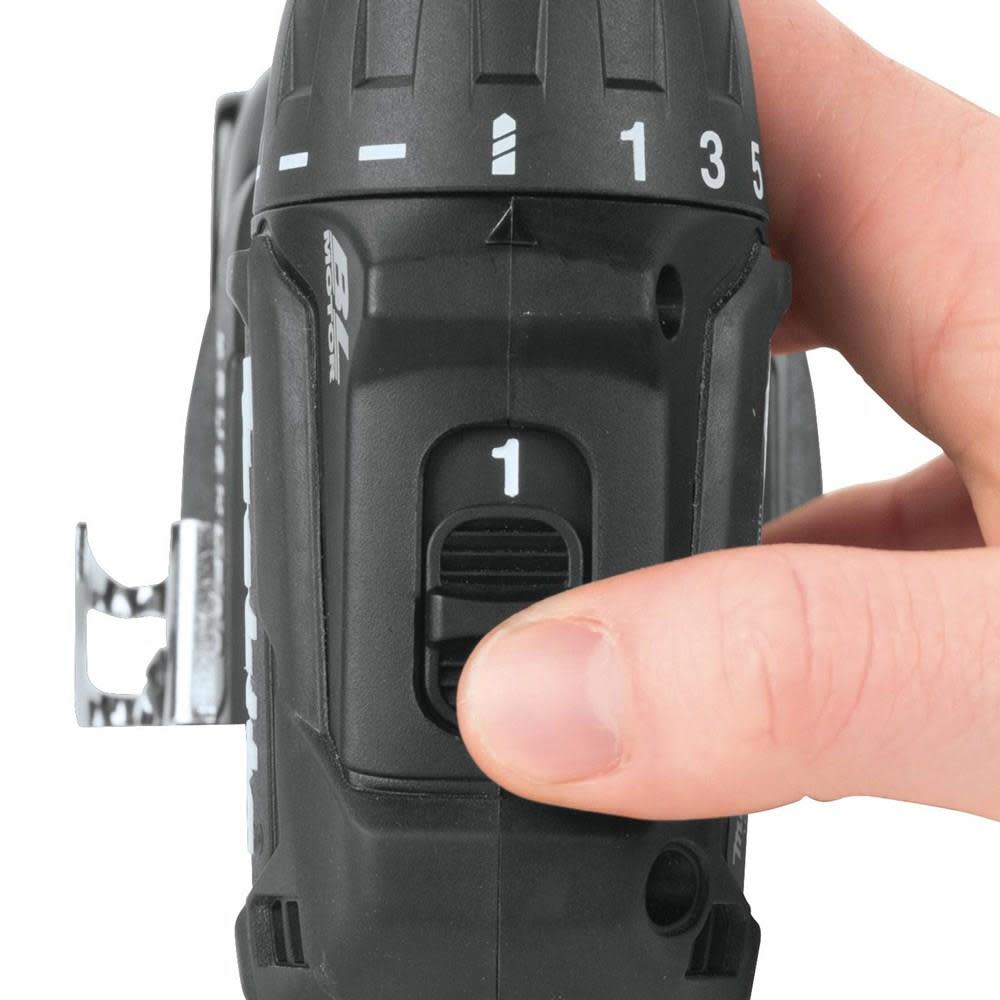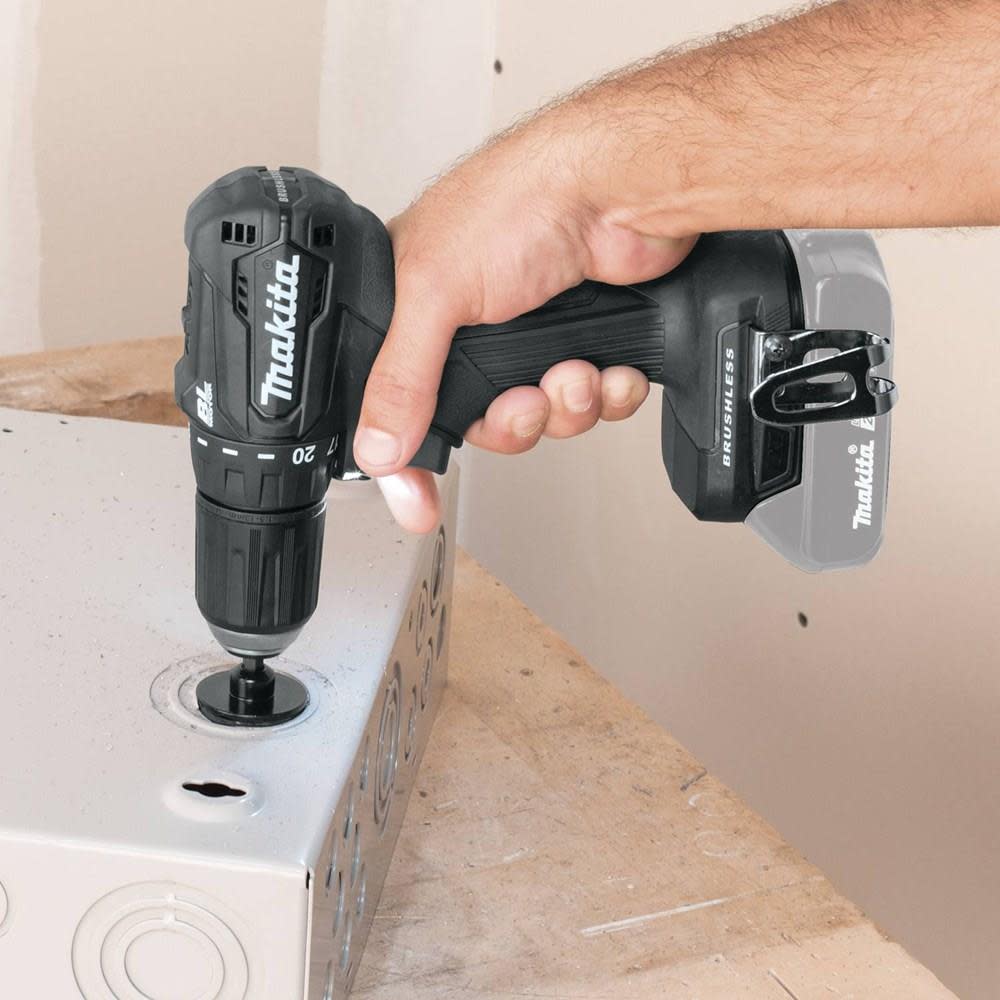Whether you’re a general contractor, a home flipper, or a casual DIY enthusiast, power tools help you get the job done on time and under budget. From power drills to saws, finding the right tools can be tricky, especially given the sheer variety of brands and models on the market today.
At one time, brand loyalty was the name of the game when investing in power tools. These days, however, this approach is less reliable due to recent acquisitions and outsourcing initiatives.
Some brands remain as reliable as ever, but many others have considerably evolved in the last few years. As such, it’s worth your while to familiarize yourself with today’s best power tool brands.
To help, we’ve compiled a guide on the 10 most iconic names. We’ll highlight the features that set the best tool brands and products apart — and answer common questions about parent companies and other key considerations.
How Do These Popular Brands Differ From Others?
Milwaukee Tool
Milwaukee 2606-20 M18 18V Li-ion Cordless 1/2″ Drill Driver
As one of the most recognizable names in the power tool sphere, Milwaukee Tool boasts an extremely loyal following. While its products tend to be more expensive than several items highlighted in this list, the quality is undeniable.
Currently a subsidiary of Techtronic Industries (TTI), Milwaukee has a long history of excellence. Its lineup is vast, spanning over 200 products in the M18 line and an additional 100 for the M12 line. Add numerous MX FUEL power tools to the mix, and the variety can be dizzying.
Why Milwaukee Tool Is Great
As an elite-level power tool provider, Milwaukee has a stellar reputation that is only matched by the similarly popular DeWalt. Both brands are highly trusted among commercial users but accessible enough to please everyday homeowners.
Always looking to push the envelope, Milwaukee has played a huge role in promoting lithium-ion batteries and currently provides some of the most reliable batteries in the industry. The company also offers advanced Bluetooth solutions and other exciting technological options.
Pros and Cons of Milwaukee Tool
Pros
- Durability. If you want your tools to last, you can take solace in knowing that anything you buy from Milwaukee will be with you for the long haul. Rugged Milwaukee tools can take a beating, even if you use them on a daily basis for professional purposes.
- Great compact tools. If Milwaukee edges out DeWalt anywhere, it’s with compact tools. The Milwaukee M12 line is easily the best of its kind.
- One-Key inventory management system. A pioneer in Bluetooth power tool technology, Milwaukee provides asset ID tagging and geofencing to provide greater security and oversight for commercial users.
- Warranty. A five-year warranty brings peace of mind to most Milwaukee users, although coverage varies for batteries and specialty tools.
Cons
- Price. Milwaukee products may be too expensive for the casual user to justify purchasing. Tool sets sometimes reduce the per-tool price to make the investment a bit more manageable.
- Newer products may be less reliable. While classic Milwaukee tools are among the most durable around, the newer and more innovative products have been known to run into trouble on occasion.
DeWalt
DeWalt DCF885B 20V MAX Li-ion Cordless ¼” Impact Driver
Like Milwaukee Tool, DeWalt is a respected name that carries a lot of prestige. A subsidiary of Black & Decker, DeWalt is known, in part, for its distinctive black-and-yellow design.
DeWalt’s offerings mimic those from Milwaukee Tool, although compact Atomic options are less impressive than Milwaukee’s highly-regarded M12 line.
Why DeWalt Is Great
Founded and still based in the U.S., DeWalt is the go-to brand for anyone who exclusively wants tools made in America. While global materials are often used, there’s an undeniable satisfaction that comes from supporting local workers with your DeWalt tool purchases.
Pros and Cons of DeWalt
Pros
- Durability. The GUARANTEED TOUGH® promise carries a lot of weight among professionals, who rely on DeWalt tools to get the job done in the most rugged conditions imaginable.
- Warranty. High impact carbide and cutter masonry drill bits are covered by a no-break guarantee that allows these parts to be repaired free of charge. Typically, the tools themselves feature three-year limited warranties, plus one-year free service contracts and 90-day money-back guarantees. Select tools have seven-year or lifetime warranties.
- FlexVolt Advantage. This provides a notable power boost as compared to standard 18-volt batteries. The innovative technology draws more current to increase power output.
- Versatility. Between FlexVolt Advantage and platforms meant for smaller tasks, DeWalt offers a wide array of options that appeal to every type of user.
Cons
- Price. DeWalt’s reputation may be exceptional, but this peace of mind comes at a considerable cost. Jigsaws cost over $200, while many drills exceed $100 or even $150. Combo kits may provide savings but often cost several hundred dollars.
- Inventory management remains weak. Professionals who adore the One-Key inventory management solutions from Milwaukee may be disappointed by DeWalt’s less robust Bluetooth system
RIDGID
While RIDGID is currently a subsidiary of Emerson Electric, the brand has as much staying power as iconic competitors like DeWalt. Its success began with a pipe wrench, which proved a huge hit among plumbers in the 1920s and 1930s. The RIDGID product line remains a preferred option for professionals, such as electricians and general contractors.
Why RIDGID Is Great
RIDGID’s commercial-grade products provide the extensive power that professional users require, but at a reduced price as compared to similar options from DeWalt or Milwaukee. Although RIDGID tools aren’t quite as durable as some of the most popular products from these respected brands, users can take solace in RIDGID’S exceptional warranty coverage.
Pros and Cons of RIDGID
Pros
- Warranty. One of the most compelling reasons for investing in RIDGID tools? Lifetime service agreements that can be difficult to come by with competing brands.
- Middle ground. Professionals rely on DeWalt and Milwaukee. Beginners are happy with Ryobi. Mid-level DIYers, however, often struggle to find tools suited to their needs and abilities. RIDGID fills this niche with a reliable lineup of tools that appeal to intermediate users.
- Great value. Despite being nearly as durable as DeWalt and Milwaukee, RIDGID tools can often be found at a fraction of the price.
Cons
- Limited selection. There are very few downsides to investing in RIDGID tools, but the limited selection may be a problem for some. The cordless lineup, in particular, is sparse — and new releases are rare.
- Customer service. There’s a lot to love about RIDGID’s lifetime service, but customer service can be a pain. Be prepared to speak at length with customer service reps as you labor to get your tools repaired within a reasonable timeframe.
Bosch Tools
Founded in Germany during the 19th century, Bosch is, above all else, an engineering company. That being said, power tools have proven vital to Bosch’s long-term success as a brand.
Despite its German headquarters and heritage, Bosch primarily manufactures its tools in Taiwan, China, Malaysia, and Mexico. Bosch tools are meant for everyday homeowners, although some higher-level DIY enthusiasts may find these products useful.
Why Bosch Tools Is Great
Bosch Tools are not the most durable or the most affordable on this list, but they should keep intermediate users happy. Brand recognition boosts confidence without requiring as big of an investment as Milwaukee or DeWalt would.
Pros and Cons of Bosch Tools
Pros
- Middle ground. Similar to RIDGID, Bosch is reliable enough to appeal to users who cannot quite be described as novices. These tools are easy to master but provide sufficient power for most tasks.
- Comfort. Ergonomic features make it easy to use Bosch tools for hours on end. Designed to be barrier-free, these accessible tools can be comfortably handled by all types of people.
Cons
- Warranty. Bosch’s one-year limited warranty isn’t the worst available, but it definitely pales in comparison to the warranties from fellow mid-level brands RIDGID and Ryobi.
- Corded better than cordless. Bosch is an excellent choice for corded tools but falls short of competing brands with its cordless selection. If you’re committed to using cordless tools, Makita may be a better option.
Ryobi
Ryobi PSBDD01K 18V Li-ion Cordless 1/2″ Drill Driver
As yet another brand that falls under the aforementioned Techtronic Industries name, Ryobi was formed in Japan and is still headquartered there, although it currently operates plants in several countries. It’s best known as a budget provider of entry to mid-level power tools.
Why Ryobi Is Great
Not everyone needs or wants commercial-grade power tools. DIYers on the hunt for budget-friendly solutions will be thrilled to find the easy-to-use products they need under the Ryobi name.
Pros and Cons of Ryobi
Pros
- Affordable. Price point is by far the main benefit of purchasing Ryobi tools. These products are more cost-effective than those sold by premium brands. A few select brands provide tools at an even lower price point, but Ryobi offers the best blend of price and durability so that you don’t instantly need repairs or replacements.
- Versatile. Do you like the idea of sticking with one easy-to-understand approach for all your tools? If so, you’re the perfect candidate for the Ryobi lineup, in which a single battery design is standardized to work with many products.
Cons
- Limited battery life. The batteries are a weak point for Ryobi. Even among casual users, these can only be expected to last a few short years. Thankfully, new batteries are, like the tools themselves, incredibly affordable.
- Underpowered motors. Ryobi tools see a drop in power as compared to top-of-the-line models. They should be powerful enough to keep the average homeowner happy, but anybody who uses these tools on a regular basis will quickly find their limited power frustrating.
- Poor durability. Ryobi tools are not durable enough for commercial-grade work. They may be sufficient for casual users, however.
Chicago Electric
As the house brand for Harbor Freight, Chicago Electric offers a wide range of affordable corded and cordless tools. Drills, miter saws, and many other core tools are offered, as are accessories such as saw stands and feather boards.
Why Chicago Is Great
If you’re primarily concerned about price, you can’t go wrong with Chicago Electric. Offering a decent range of power options, the current lineup of Chicago tools should get basic jobs done at a surprisingly low cost, with sales often available to produce even greater savings.
The secret? Cutting out the middleman to provide value-conscious tools exclusively through Harbor Freight.
Pros and Cons of Chicago
Pros
- Affordable. Among the most cost-effective options available from Harbor Freight, Chicago consistently undercuts competitors in terms of price. As such, this brand is compelling to the very occasional user who doesn’t mind limited power or durability.
- Easy to buy. Visit your local Harbor Freight or navigate the website. Either way, you’ll find the Chicago selection straightforward and easy to buy when you don’t have a lot of time to commit to research.
Cons
- Poor durability. If you want your tools to last, look elsewhere. Chicago products hold up to light use but will quickly malfunction if used frequently or under rugged conditions.
- Warranty. Don’t expect a strong warranty from Chicago, which only offers a 90-day guarantee for most products.
- Corded better than cordless. Like many low-price power tool brands, Chicago hits the mark with corded — but not cordless — products.
Makita
Makita XFD11ZB 18V LXT Li-Ion Cordless 1/2” Drill Driver
Founded as Makita Electric Works in 1915, this respected Japanese manufacturer pivoted into the power tool market in the late 1950s after several decades of success producing and repairing everything from transformers to lighting equipment.
Since then, Makita has consistently been at the forefront of power tool innovations, releasing the first rechargeable drill in the ’80s, plus the first battery-powered tools involving nickel cadmium, nickel hydride, and lithium-ion.
Why Makita Is Great
If you take pride in working with cutting-edge equipment, you can’t go wrong with Makita. As mentioned previously, this brand deserves credit for many of the industry’s biggest technological leaps.
In addition to boosting the pace of innovation in the power tool sector, Makita produces durable tools that are nearly as rugged as their counterparts from Milwaukee and DeWalt.
Pros and Cons of Makita
Pros
- Precision. High-end Makita tools provide exceptional precision for fine-level work. Power cutting in particular is wonderfully accurate.
- Reliability. No matter which tools you purchase from Makita, you can feel confident that they’ll function exactly as promised — and that they’ll continue to exceed expectations for years to come.
- Warranty for lithium-ion products. Should you eventually need repairs, you’ll be pleased with the three-year limited warranty on all lithium-ion or pneumatic tools.
Cons
- Price. As is often the case with premium brands, Makita tools are notoriously expensive. The initial investment can be cost-prohibitive for casual users, but professionals often find that Makita’s durability allows them to save money over time.
- Warranties are unimpressive for some products. Many products do not have the aforementioned three-year limited warranty. If a strong warranty is a priority, do your research to ensure you receive sufficient coverage.
Craftsman
A familiar name to most, the Craftsman brand was originally launched by Sears in hopes of meeting the unique needs of agricultural users. As Craftsman evolved, its products were used by a wider variety of individuals, including both professionals and homeowners. In 2017, Craftsman was acquired by Stanley Black & Decker.
Why Craftsman Is Great
Deemed the middle-of-the-line brand under Sears’ “good, better, best” structure, Craftsman products have long been known for being reliable. This has fluctuated over time, but Craftsman remains a trusted solution for both novices and intermediate users.
Pros and Cons of Craftsman
Pros
- Reliable for the price. Compared to other tools at a similar price point, Craftsman products are often well-made. Product quality has varied through the years and remains inconsistent, but seems to be on an upswing at the moment.
- Decent warranty. While coverage varies between products, Craftsman warranties are often far better than those provided by other mid-range brands. Many tools are covered by three-year limited warranties and ninety-day satisfaction guarantees, although some only provide coverage for one year.
Cons
- Variation in quality. With so many sources responsible for manufacturing, quality control has become a major sticking point for some customers. Shopping for Craftsman products can be incredibly confusing, as each store sells different versions sourced from distinct vendors — often from different countries.
- Customer service. While Craftsman warranties are decent, following up on malfunctions can be a pain. Expect long calls or time-consuming service center visits.
Kobalt
Lowe’s house brand Kobalt gets the job done in a pinch. As a middle-tier offering, Kobalt is often compared to Craftsman and Husky, although it’s not nearly as established or as well-known as its Sears and Home Depot counterparts. Still, it’s been around since 1998 — long enough for enthusiasts to feel confident about their tools’ staying power.
Like many budget options, these are primarily produced in China. This may give skeptics pause, but many satisfied users report that Kobalt’s quality exceeds that of many other power tools manufactured abroad.
Why Kobalt Is Great
Reasonable prices and mid-level quality makes Kobalt an enticing brand for many users. The brand’s value-driven products appeal to a specific type of customer who is willing to part with the advanced power and durability of professional-grade solutions. Kobalt tools can accomplish a lot — especially products from the highly regarded lithium-ion lineup.
Pros and Cons of Kobalt
Pros
- Warranty. While Kobalt’s warranties can be confusing to navigate, many provide multiple years of protection. Additionally, Kobalt has a 90-day satisfaction guarantee.
- Cost-effective. Kobalt products provide excellent value. Their prices are predictably middle-of-the-road given their mid-tier status, but it’s often possible to score these tools on sale at Lowe’s.
- Great batteries. High-quality, reasonably-priced batteries enhance the already wonderful value of Kobalt tools. Capable of charging quickly, Kobalt batteries provide impressive power and keep tools running for a lengthy amount of time.
Cons
- Limited selection. While Kobalt’s basic lineup should keep DIYers happy, its selection isn’t particularly large. A decent variety can be found for smaller battery-powered tools, but specialized equipment may be more difficult to come by.
- Customer service. Like many department store brands, Kobalt can be problematic when trying to redeem warranty coverage. Customers sometimes complain that they get caught up in communication issues between representatives at Lowe’s and Kobalt.
Hitachi
Based in Japan, Hitachi is a multinational conglomerate that’s influential not only in the power tool market, but also in IT, defense, power grids, and construction. The company also produces a variety of power tools, now known under the new monikers HiKOKI and Metabo. These names mark a shift in Hitachi’s approach with an expected emphasis on professional-grade tools.
Why Hitachi Is Great
HiKOKI and Metabo tools provide a step up over mid-level brands such as Ryobi or Bosch, but at a better price point than high-end providers. These names aren’t well-known, but that lends the former Hitachi a hidden gem status that users in the know may find appealing.
Pros and Cons of Hitachi
Pros
- Warranty. HiKOKI provides up to six years of coverage via an extended warranty for select products. Limited warranties typically span three years. Metabo’s program includes a 30-day performance guarantee and a three-year limited warranty.
- AC adapter. A unique advantage that’s difficult to find elsewhere, Metabo’s AC adapter grants users the best of both worlds: corded and cordless. Known as MultiVolt, this feature dramatically improves versatility.
- Water resistance. Metabo machines are generally durable, but they truly shine in high-wind or moisture conditions that would compromise other types of tools. Metabo also provides debris extraction via M-Clean technology.
Cons
- Branding confusion. Hitachi’s rebranding has caused some confusion among novice DIYers, who may struggle to distinguish between the new Metabo and HiKOKI offerings. If name recognition is a priority, other brands may be preferable.
- Difficult to find. Although easy to purchase online, HiKOKI and Metabo tools are often challenging to find in stores.
How To Choose the Best Power Tool Company For You
While some power tools are objectively superior to others in terms of performance, durability, or craftsmanship, no singular brand is perfect for every type of user. The ideal choice will come down to a combination of these factors:
- Price. There’s no denying that power tools can be expensive, but the price range can be dramatic even for the simplest tools near the bottom of the cost spectrum. As products get more complex, this differential continues to expand.
- Durability. Sometimes, a higher initial investment can pay off in the long run. Some of the most expensive brands are known for producing long-lasting tools that limit the need for replacements.
- Warranty coverage. Less rugged tools may be acceptable if they’re accompanied by decent warranty coverage. Don’t get power tools with poor warranties unless they are incredibly affordable.
- Battery life. A long-lasting battery makes owning tools more convenient while also reducing battery replacement costs. Lithium-ion is now the standard, producing exceptional power for a longer period and at a lighter weight.
- Motor quality. Brushless motors are essential for contractors but are also increasingly popular among everyday users. Capable of adjusting to the immediate level of energy, they’re more efficient and less complicated than their brushed counterparts.
To ensure you choose the best possible tools for your situation, determine your goals early on. Which projects do you hope to complete? Will these involve commercial work or simple, home-based DIY tasks? Later, take a closer look at specs, prices, and reviews for powerful insight on preferred brands.
Frequently Asked Questions (FAQs) about These Trusted Power Tool Brands
Variety is a huge area of strength for Milwaukee, which offers hundreds of targeted power tools. Ryobi and Craftsman tools also provide a decent range of products.
Makita has long been the leading innovator and shows no signs of slowing down.
Professionals who cannot afford the steep prices of DeWalt, Milwaukee, or Makita may prefer commercial-grade products from RIDGID or Bosch. Some Craftsman tools may also be acceptable.
DeWalt’s parent company is Stanley Black & Decker, which bought out the DeWalt brand in 1960.
While Milwaukee Tool was founded in Wisconsin, it is currently owned by Hong Kong company Techtronic Industries (TTI).
